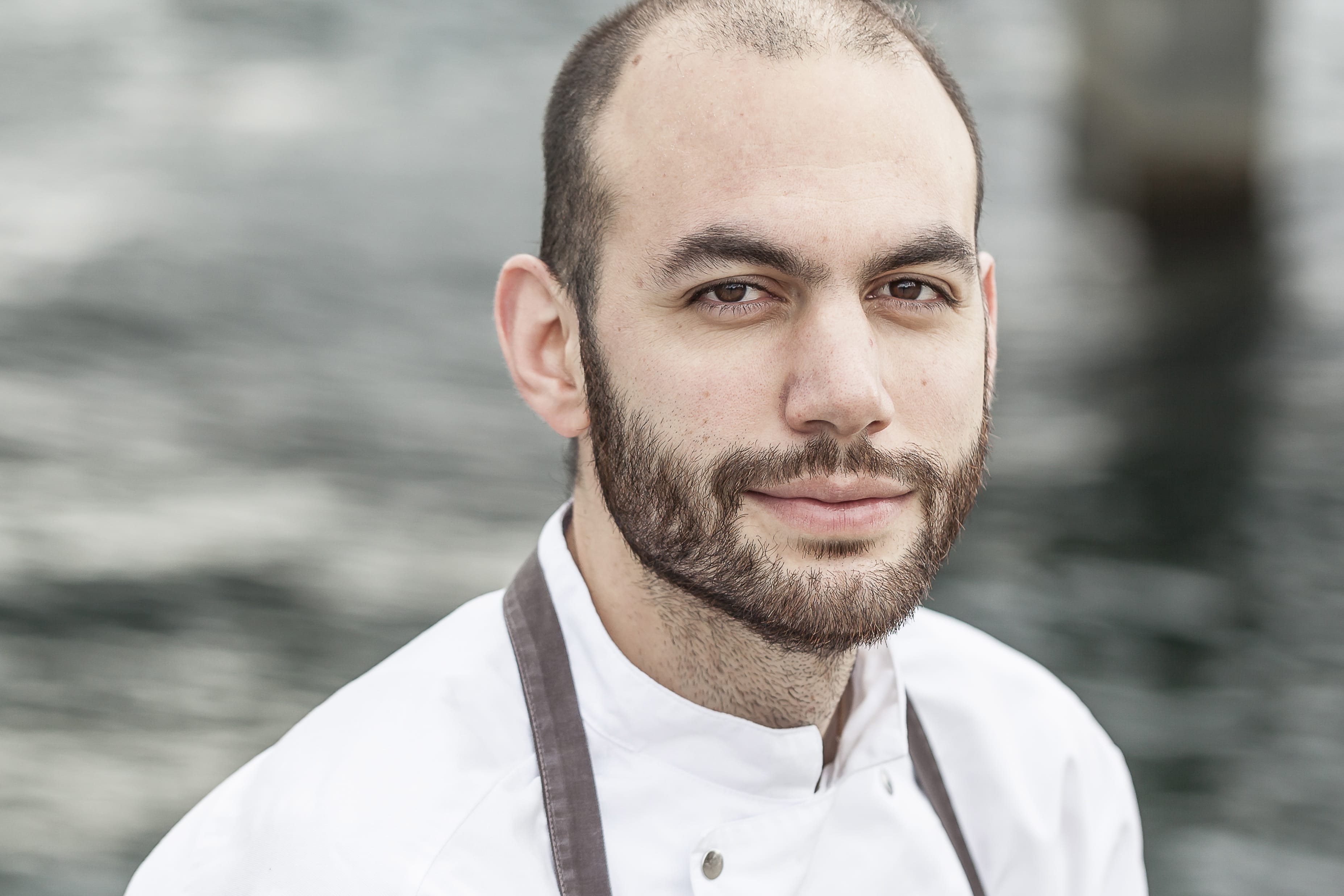After serving as Noma’s chef de cuisine for three years and maintaining standards that earned it a top spot among the world’s best restaurants, former Washingtonian Daniel Giusti will leave the Copenhagen fine-dining destination at the end of the year and return to the District of Columbia to launch his next project.
The big reveal: It won’t be a restaurant.
Back in Washington in January, Giusti, 31, plans to make a radical turn into school food service. Consider that for a moment: The chef who has fed the world’s elite some of the most meticulously prepared dishes anywhere — at a restaurant where the tab can top $800 for two diners — now hopes to feed schoolchildren for $3.07 each, which is the amount the U.S. Department of Agriculture reimburses schools for every free lunch served. It’s an abrupt about-face for Giusti, who credits his boss, Noma chef and owner Rene Redzepi, for daring him to think big.
“This place has shown me you can do anything. I know that’s a cliche,” says Giusti from Copenhagen. “But for me to be here now and to have the job that I have now … I have made myself believe that anything is possible.”
Giusti understands that his career change might sound naive: A fine-dining chef launches a company to tackle an area of food service that is tied up not only in politics but also in limited budgets, tough nutritional standards, finicky kids and long-term contracts with established providers.



